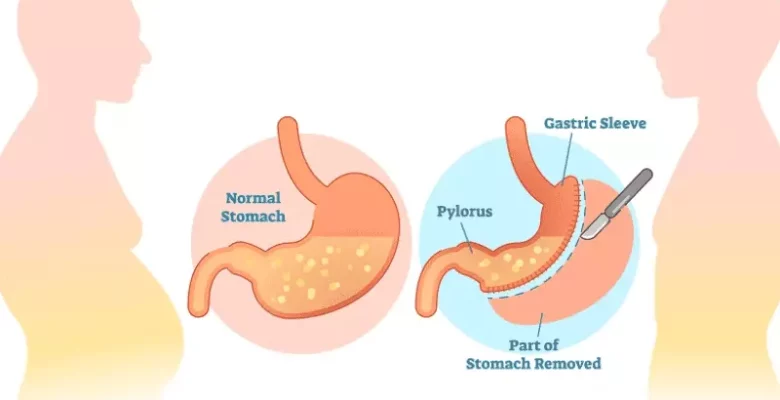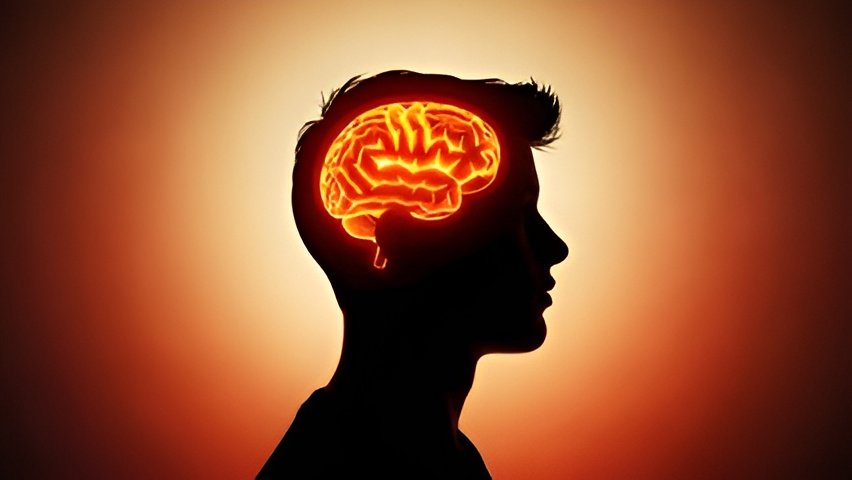In today’s fast-paced and high-stress world, mental health and emotional well-being have become just as important as physical health. With rising awareness of anxiety, depression, and chronic stress, individuals are increasingly turning to holistic therapies that support mental wellness alongside conventional treatments. Among these, massage therapy has emerged as a powerful tool—not just for muscle relaxation, but for emotional healing, mood enhancement, and mental balance.
This article explores how massage therapy supports mental health, reduces emotional distress, and promotes psychological well-being, backed by science and holistic understanding.
Understanding Massage Therapy Beyond Physical Relief
Massage therapy is often associated with physical benefits such as muscle relaxation, pain relief, and improved blood circulation. However, its effects run deeper. The human body and mind are intrinsically linked, and physical touch has a significant impact on our emotional and psychological state.
Therapeutic touch can stimulate the parasympathetic nervous system—responsible for rest, digestion, and recovery—and suppress the stress-driven sympathetic nervous system. This physiological shift contributes to a calmer mind, lower heart rate, and reduced feelings of anxiety or panic.
The Science Behind Massage and Mental Wellness
Massage therapy affects several physiological systems in the body, many of which are directly related to mental health:
- Hormonal Balance: Massage reduces cortisol (the stress hormone) while increasing levels of serotonin and dopamine—neurotransmitters associated with happiness, motivation, and emotional regulation.
- Nervous System Relaxation: Gentle strokes and pressure activate the parasympathetic nervous system, slowing the heart rate, lowering blood pressure, and relaxing the mind.
- Improved Sleep Quality: Many people with anxiety and depression suffer from insomnia. Massage improves sleep patterns by reducing muscle tension and calming the nervous system.
These biological responses contribute to a holistic sense of well-being, making massage therapy a powerful ally in managing mood disorders and emotional struggles.
- Massage Therapy for Anxiety and Stress Reduction
Stress and anxiety are among the most common mental health challenges today. Whether caused by work pressure, personal life, or unresolved trauma, persistent stress can lead to long-term physical and emotional exhaustion.
Massage therapy helps reduce stress through:
- Lowered Cortisol Levels: Even a 30-minute massage has been shown to significantly reduce cortisol in the body.
- Physical Release: Muscle tension and shallow breathing, common symptoms of anxiety, are alleviated, allowing for a fuller, calmer breathing pattern and deeper relaxation.
- Mindfulness and Presence: Massage encourages a person to slow down, reconnect with their body, and stay present in the moment—key practices in managing anxiety.
People often report feeling a “lightness” or mental clarity after a massage session, indicating the body’s transition from fight-or-flight to rest-and-digest mode.
- Depression and Emotional Imbalance
Depression is more than just sadness; it can include hopelessness, disconnection, fatigue, and even physical pain. While massage therapy is not a cure, it offers profound emotional support and symptom relief:
- Boosts “Feel-Good” Chemicals: Serotonin and dopamine are naturally increased through touch, helping regulate mood and combat feelings of hopelessness.
- Human Connection: In a time where many people suffer from isolation, therapeutic touch can offer comfort, warmth, and a sense of care.
- Encourages Self-Care: Simply scheduling regular massage sessions can become part of a positive mental health routine, signaling self-worth and value. This is why many individuals also seek guidance from Top mental health providers Michigan, such as the specialists at Advanced Psychological Services, to complement therapeutic practices with structured professional support.
- Massage for PTSD
For individuals coping with stress disorder (PTSD), massage therapy can be a gentle and non-verbal form of emotional healing. Is often stored in the body, and massage helps release this physical and emotional tension over time.
Important considerations:
- Massage for PTSD patients should always be informed and consent-driven.
- It allows for safe touch, helping rebuild trust in the body and others.
- It fosters body awareness, which is often disconnected in survivors.
While massage is not a substitute for therapy, it complements psychological treatment by supporting physical healing and emotional reintegration.
- Massage Therapy and Emotional Release
Massage can trigger emotional release, where clients may cry, feel waves of sadness, joy, or even anger during or after a session. This is not uncommon and signifies a deep release of stored tension and emotion.
Trained therapists recognize these reactions as normal and can create a safe space for clients to process such feelings without judgment. This emotional unblocking can lead to greater mental clarity and improved mood over time.
- Improving Body Image and Self-Connection
Massage encourages a positive relationship with one’s body. Many people with mental health struggles experience body image issues, disconnection, or even shame. Through respectful and nurturing touch, massage helps individuals:
- Reclaim their physical space
- Reconnect with bodily sensations
- Feel grounded and centered
- Develop a sense of acceptance and appreciation for their body
This improved relationship with the body supports mental wellness and overall self-esteem.
A Complement, Not a Replacement
It’s important to note that while massage therapy is highly beneficial for mental health, it is not a replacement for professional psychological or psychiatric care when needed. It works best as a complementary therapy, enhancing the effects of counseling, medication, meditation, and lifestyle changes.
For individuals struggling with moderate to severe mental health disorders, consulting with a licensed mental health provider before starting massage therapy is advised.
Conclusion: A Holistic Path to Inner Peace
Massage therapy offers more than physical relief—it’s a journey toward mental calmness, emotional resilience, and inner peace. Through therapeutic touch, hormonal balance, and deep relaxation, it has the power to reduce stress, elevate mood, and restore a sense of wholeness.
In a world where many are silently battling mental and emotional struggles, massage therapy stands as a nurturing, non-invasive, and profoundly healing option. Whether you’re coping with stress, anxiety, trauma, or simply seeking a better mind-body connection, incorporating massage into your wellness routine can be a transformative step toward long-term emotional well-being.





